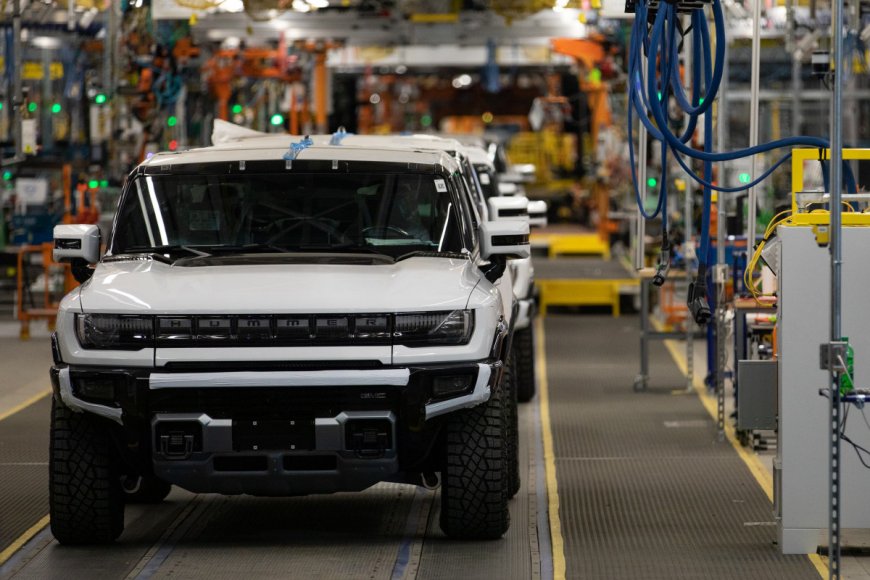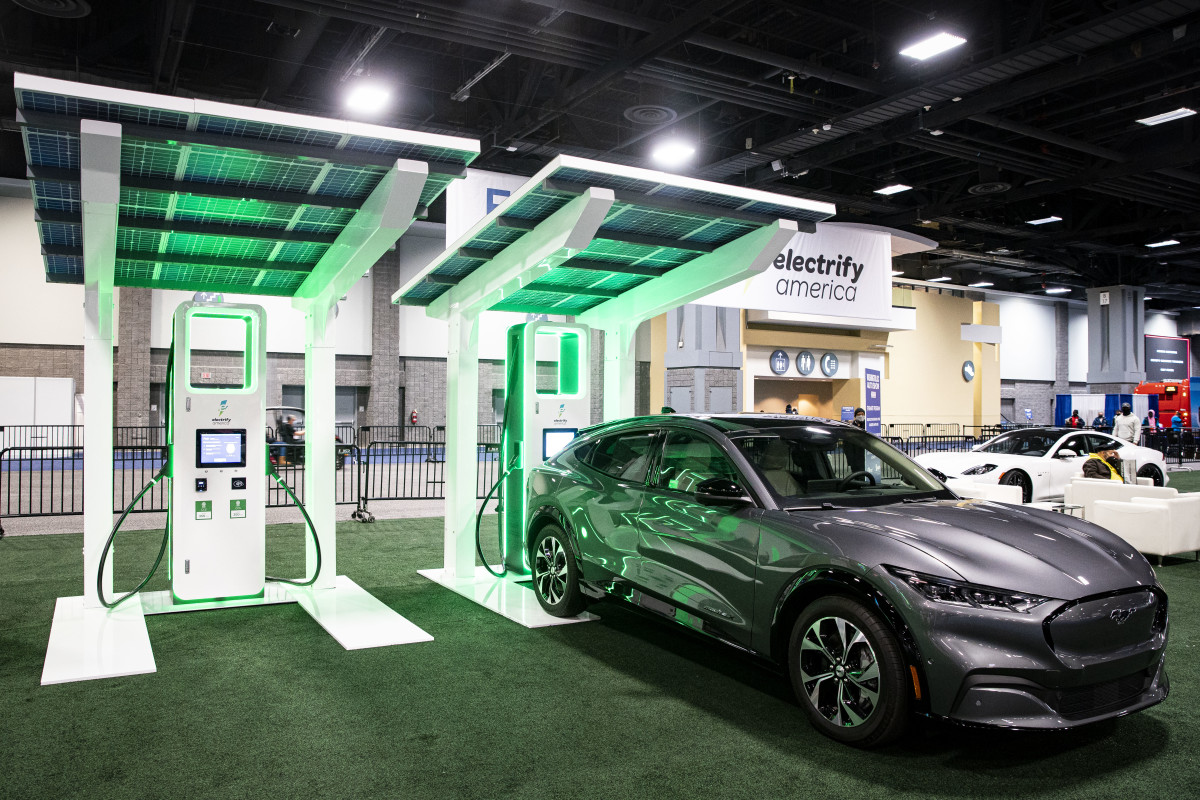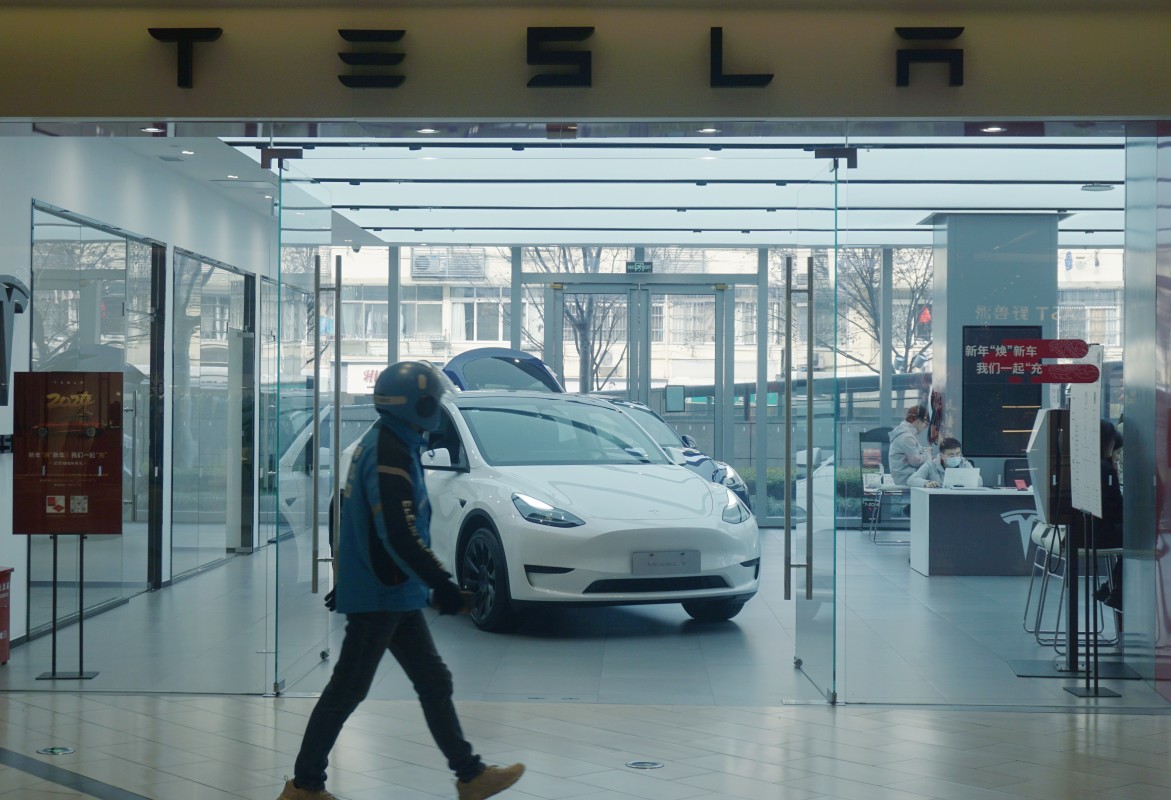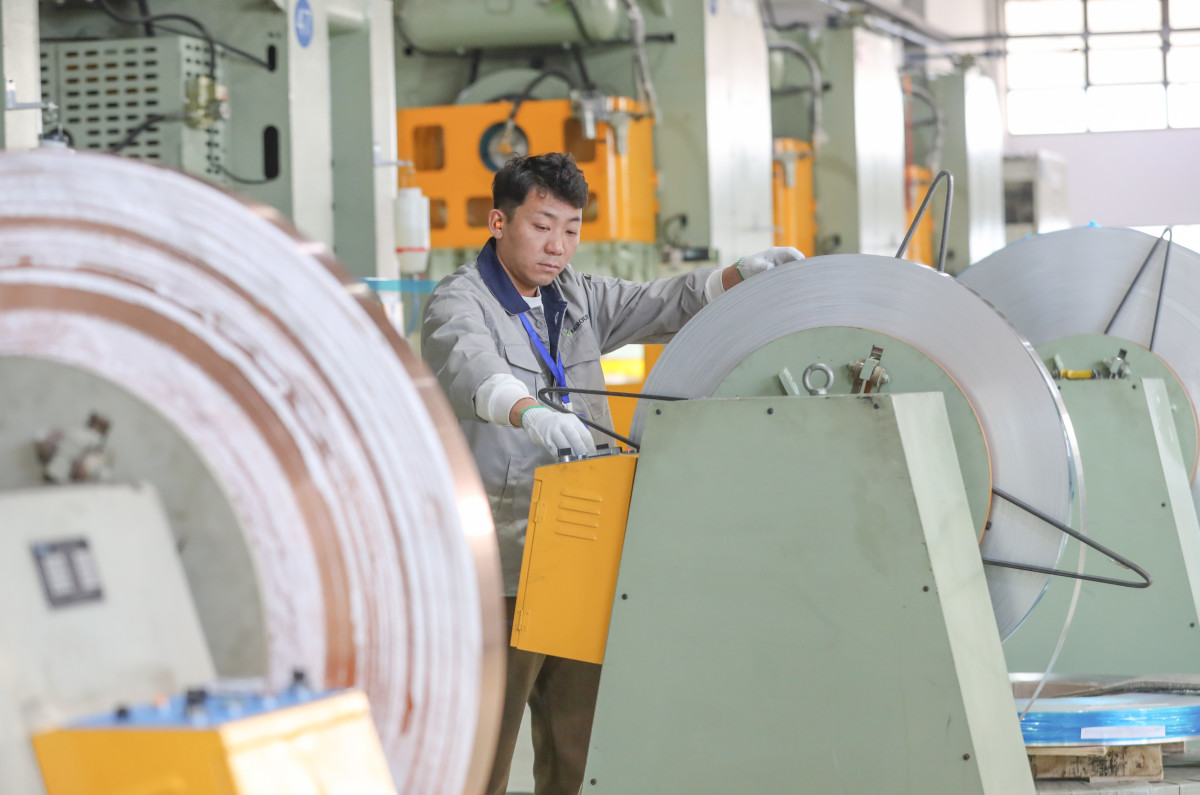The largest automakers urge Feds to cut some slack on a controversial EV ruling
Rules made effective on Jan. 1 are causing a stopgap with EV-eager automakers.

In public comments submitted on Jan. 18, the Alliance for Automotive Innovation urged the Treasury to lock in flexibilities designed to make the auto industry compliant with a provision of the Inflation Reduction Act that prevents tax credits for EVs containing battery materials that originate from countries of concern such as China.
Related: Gas prices are bucking the seasonal trend, so far
According to rules that took effect on Jan. 1, EVs sold in the United States that contain any parts of the battery that are made or assembled by companies based in, owned or are subsidiaries of those originating from "foreign entities of concern," such as China, Russia, Iran or North Korea (DPRK) are not eligible for any part of the $7,500 Federal Tax Credit.
As per IRS data, the new rules have cut the list of tax credit-eligible cars by almost half. In 2025, the exclusion will also apply to key minerals used in EV batteries that are extracted, processed or recycled.
The Treasury's guidance in December included a transitional rule that gives the industry a deadline of the end of 2026 to find and make standards to tracing materials that account for less than 2% of key battery materials. 
The lobbyists, who speak on behalf of automotive giants like GM (GM) - Get Free Report, Stelantis (STLA) - Get Free Report, Ford (F) - Get Free Report, Toyota (TM) - Get Free Report, Volkswagen (VLKAF) - Get Free Report and battery suppliers Panasonic (PCRFF) - Get Free Report and Samsung SDI (SSNLF) - Get Free Report argued that up to 5% of nontracable materials should be allowed, as well as the transition rule to be made permanent for as long as the federal government gives out EV tax credits.
"It is unlikely that industry will have developed such standards or systems by 2027. Tracing those materials is challenging and costly, and seemingly unnecessary," Alliance for Automotive Innovation energy and environment vice president Dan Bowerson said. "Tracing unique critical minerals to each battery cell is unnecessary so long as the [automaker] can attest that the appropriate mass of critical minerals equates to the appropriate number of [FEOC]-compliant batteries."
According to data from the IRS via fueleconomy.gov, the new rule change has nearly halved the amount of federal tax credit-eligible vehicles from 25 in 2023 to just 23 in 2024. Automakers like GM are concerned about the ruling because there is no reliable industry standard regarding the provenance of battery components and the materials that make them up. 
"While the EU Battery Act diligence rules, for example, will require complex supply chain traceability data, representing a substantial burden on automakers, these rules are still in their infancy and largely untested," GM head of global public policy Omar Vargas told the treasury. "GM strongly opposes Treasury drawing from or mirroring these requirements … at least unless and until they or another approach are implementable,"
In a similar vein, Hyundai expressed concern about China's dominance in battery materials, saying that finding a place that can match them will be hard.
"It it unlikely that other countries will be able to replace China in the short term," a Hyundai Motor Group representative told the Treasury. 
LG Energy solution, a South Korean supplier of General Motors and other EV manufacturers, said that obtaining provenance from a supplier of raw materials will be difficult.
"Existing supply agreements with critical mineral suppliers do not commonly require that the supplier disclose the origin of the raw materials that it provides to the battery manufacturer," LG said. "If a minerals supplier refuses to respond to a certain request as to sources, the manufacturer has no legal remedy to force the supplier to verify the origins of raw materials."
More Business of EVs:
- A full list of EVs and hybrids that qualify for federal tax credits
- Here’s why EV experts are flaming Joe Biden’s car policy
- The EV industry is facing an unusual new problem
Industry representatives, including those from Rivian (RIVN) - Get Free Report suggested the establishment of a secure and private online portal that allows battery companies and automakers to share compliance data and information, including a "safe list" of suppliers that are FEOC-compliant.
Related: Veteran fund manager picks favorite stocks for 2024
What's Your Reaction?

























































